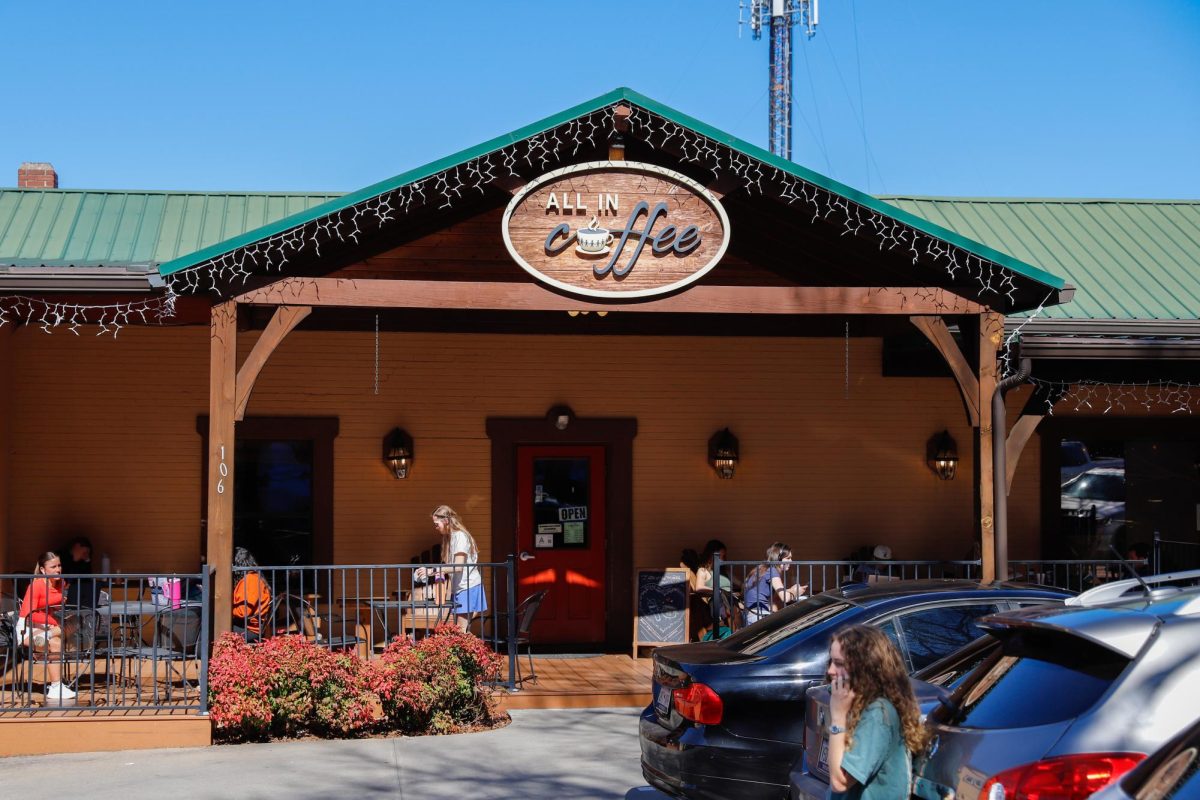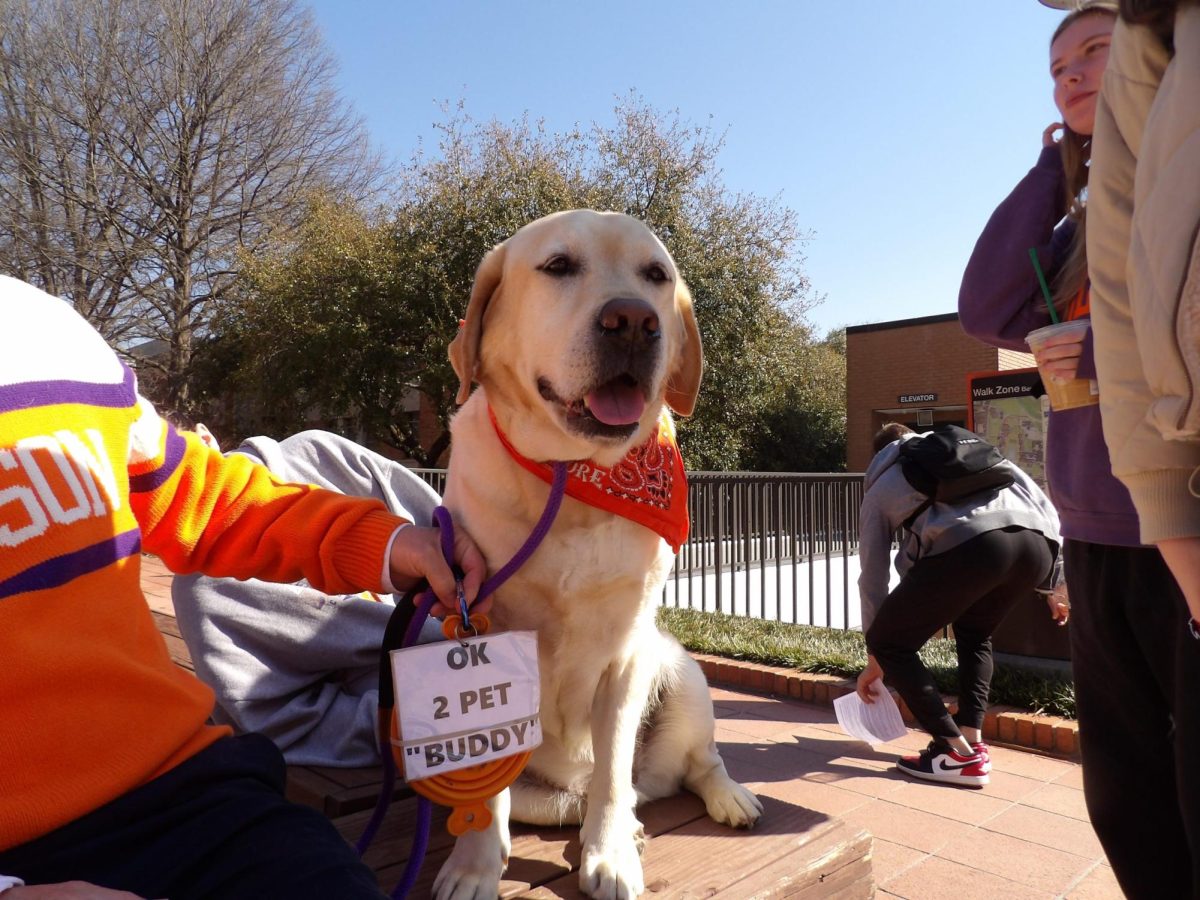Compared to University of South Carolina – Columbia (USC) and other South Carolina colleges, Clemson has a higher reported sexual assault average. In 2015, Clemson had 13 reported sexual assaults compared to USC’s eight.
For an incident to appear on the security report, it must occur on-campus, at public property located immediately next to campus or at non-campus properties (such as university-controlled buildings that are not part of main campus). This means incidents that occur at an off-campus apartment are not included in the statistics because the building is not controlled by the university.
For nearly 30 years, the Clery Act has required colleges and universities that participate in federal financial aid programs to share statistics regarding campus crime.
According to Clemson University’s 2017 Security and Fire Safety Report, 10 forcible sex offenses were reported at Clemson in 2016, compared to 13 in 2015 and 12 in 2014.
“Everyone should become involved with the issues of interpersonal violence to create substantial change,” Clemson’s It’s On Us chapter president Kirsten McCullough said.
Student organizations on campus, like It’s On Us, work to fight against sexual assault within Clemson. It’s On Us was founded in fall 2014 after a student who was running at night was sexually assaulted on campus. Since then, It’s On Us has pursued their vision of a campus without sexual assault.
“We try to create a community on campus that is educated and aware of the issues. We believe that defining consent and teaching bystander intervention will help to combat sexual assault on campus. Also, we hope that by fostering this community, survivors feel safe, supported, and heard,” McCullough said.
Local law enforcement is also trying to get more victims to tell their stories regarding assault in order to lead to prosecution.
“I want folks to report [sexual assault] to us so that we can do something about it, but the criminal process is a bit more tedious and lengthy than the university’s process,” Clemson University Chief of Police Jami Brothers said.
At Clemson, victims can choose to report a crime and whether or not he or she wants to press charges after the incident has been reported to CUPD. After going to CUPD, the report goes through both criminal and noncriminal processing due to Title IX. It’s On Us helps with the noncriminal processing by putting victims in contact with various resources.
Offenses are also not reported on the grounds that the victim believes that the report will negatively impact his or her social life and he or she will lose friends. More often than not, the offender is within the victim’s social circle.
“[The victims] don’t want to deal with it,” Brothers said. “They just want it to go away, and so I think that feeling of having to tell their story over and over again just becomes weary and tiresome.”
According to the National Sexual Violence Resource Center (NSVRC), one in five women and one in 16 men are sexually assaulted at some point in their college careers.
Results from the Clemson University crime log do not quite match up with the national statistics. Redfern Health Center conducted a survey in 2010 involving 720 first-year female students at Clemson that found that 20 percent of those students experienced sexual assault in some form. The study also shows that 90 percent of assaults aren’t reported.
However, these statistics only come from reported incidents or voluntary surveys, both of which are volunteer-based.
Perhaps the most tragic reason that reports are not made can be traced to the idea that many victims do not understand what exactly defines a “sexual offense.” Such confusion can also lead to a skewed statistic.
It’s On Us also strives to help students understand what consensual sex is and the difference between consent and rape.
“We define concepts such as consent and bystander intervention. Also, we hold events on campus where students and faculty can come together to learn and show their support for the survivors in our Clemson family. Finally, we help survivors to make connections with the on and off-campus resources,” McCullough said.
Clemson strongly encourages Title IX training through Think About It for undergraduate students or EDU: Eliminate Campus Sexual Violence for graduate assistants. The Clemson Title IX website reports over 86 percent of incoming freshmen, transfer and Bridge students have successfully completed the course. By combining this with events put on by It’s On Us, Clemson provides ample resources in the fight to prevent sexual assault.
“I hope that It’s On Us is making a difference, and I truly believe that we are. We often have students reach out to us for more information about the organization, becoming involved, and connections to off-campus crisis organizations. I believe that our organization is a supportive environment for survivors and allies alike to heal and create meaningful relationships and support systems,” Kirsten McCullough said.
Brothers said that since the Title IX training began to be encouraged in 2014, the number of reports has increased.
“I think a lot of females realized after [the Title IX] education ‘Hey, that happened, and OK you’re telling me that’s wrong’ and so they reported [the sexual assault],” she said.
Even when a report is filed, there are still various steps that the victim must go through in order to complete the report. The report goes through both criminal and noncriminal processes that involve both CUPD and Clemson University.
“I cannot specifically speak as to why the report rate at Clemson is less than the national average. Sexual assault is often under-reported everywhere due to the stigma that surrounds it. I would like to add that if we continue to believe and support survivors through their healing process, they will be more likely to come forward,” McCullough said.
The true reason as to why the national average of sexual offenses is higher than the reported offenses at Clemson essentially boils down to the fact that these crimes happen, but they are not always reported.
“Do I think only 13 sexual assaults occurred on campus last year? No, but that’s all we can count,” Brothers said.







